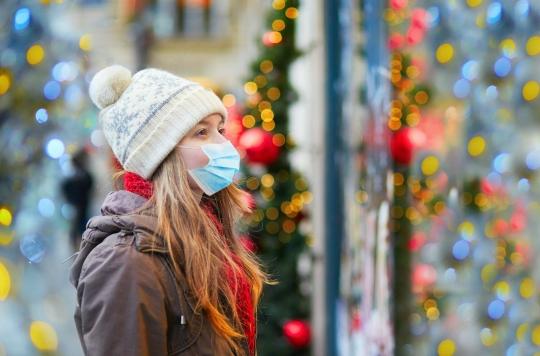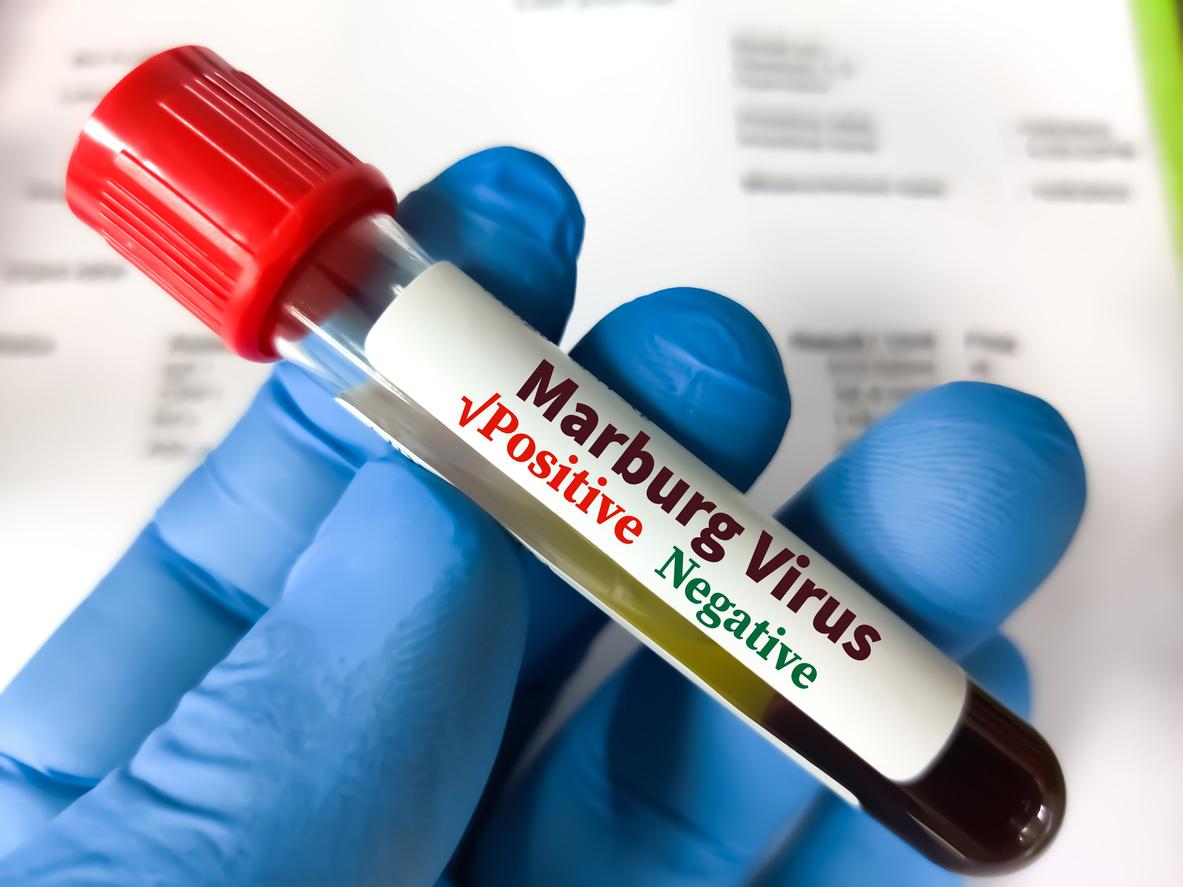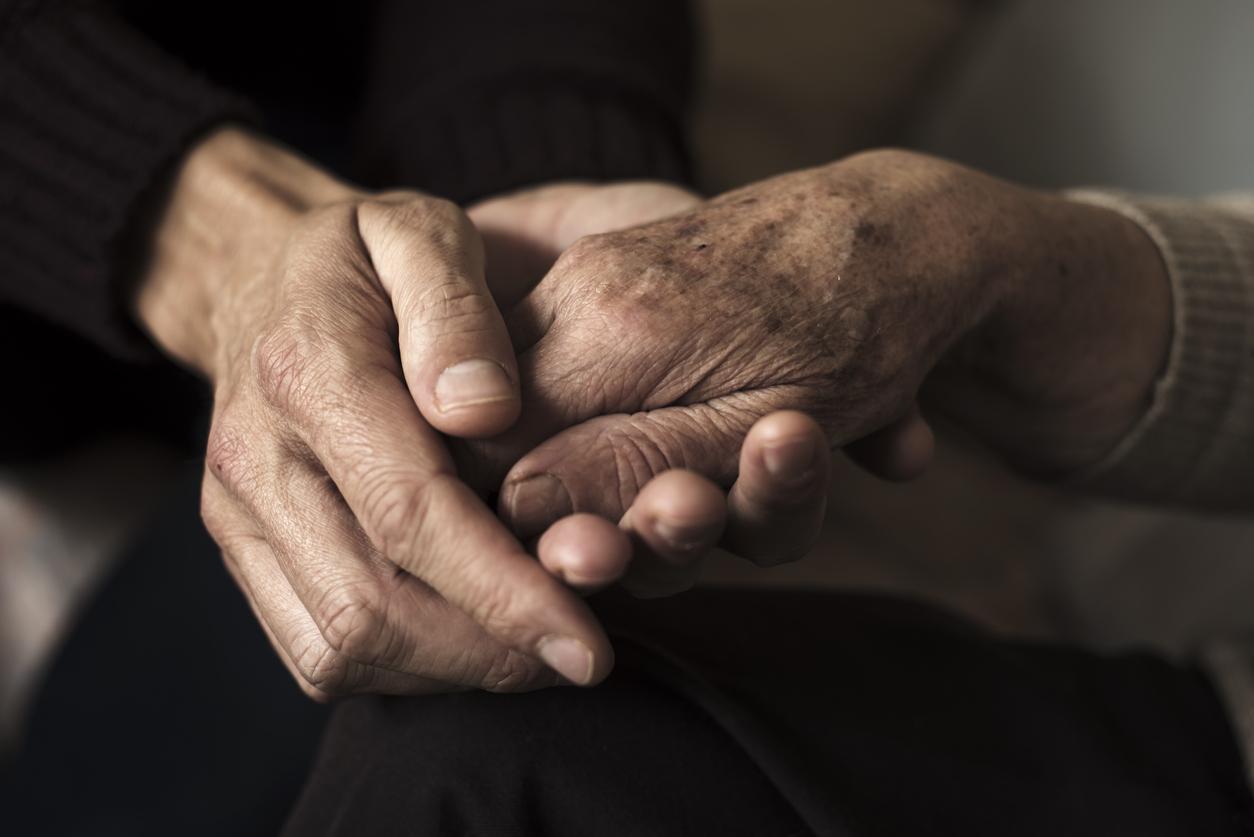The generalization of wearing a mask, which blocks 99.9% of large droplets at risk, would prevent one in five deaths from Covid-19.

- Without a mask, we are exposed to 10,000 times more droplets in the presence of a coughing person.
- Indoors, wearing a mask protects against the smallest droplets that remain in suspension.
- 45% less infection after 20 days of generalization of the wearing of the mask.
Expelled droplets are responsible for the majority of SARS-CoV-2 infections. To stem this phenomenon, wearing a mask is the best solution. A new study, published on December 23 in the journal Royal Society Open Science, researchers from the School of Engineering at the University of Edinburgh assure that face masks reduce the risk of spreading large droplets by up to 99.9%. The researchers add that wearing a universal mask would reduce virus-related deaths by 20%.
The mask, effective against large and small droplets
The researchers carried out an experiment to measure the effect of wearing a mask. They placed a woman standing two meters from a man, not wearing a mask, who started coughing. The analysis of the large droplets expelled showed that the woman finds herself exposed v only if the man wore a mask. “There is no doubt that face masks can significantly reduce the dispersal of potentially virus-laden droplets,” lead author Ignazio Maria Viola, an expert in applied fluid dynamics at the School of Engineering at the University of Edinburgh, told AFP.
The mask also reduces the risk of being infected by small droplets. These droplets, which form aerosols, can remain in the air longer and represent a significant risk of contamination indoors in poorly ventilated places with a high concentration of people. In these cases, people without masks, or those who wear them badly, below the nose, are more exposed. “We continually breathe out a whole range of droplets, from the micro scale to the millimeter scale. Some droplets fall faster than others depending on temperature, humidity and especially the speed of the air stream”, details the researcher.
45% less infection after 20 days
Wearing a generalized and universalized mask, in all places including indoors, would drastically reduce contamination. “In our study, for the largest droplets we measure, we are talking about 99.9% reduction”, evaluates Ignazio Maria Viola. According to projections by researchers at the Institute for Health Metrics and Evaluation (IHME) in Seattle, universal mask wearing would reduce the global death toll by 400,000 by April 1, 2021.
A recent study by the École Polytechnique Fédérale de Lausanne (EPFL), which reconciled data on the effectiveness of mask-wearing in different regions, concludes that generalized mask-wearing reduces the number of new infections by approximately 45% after only 20 days of implementation.

.















